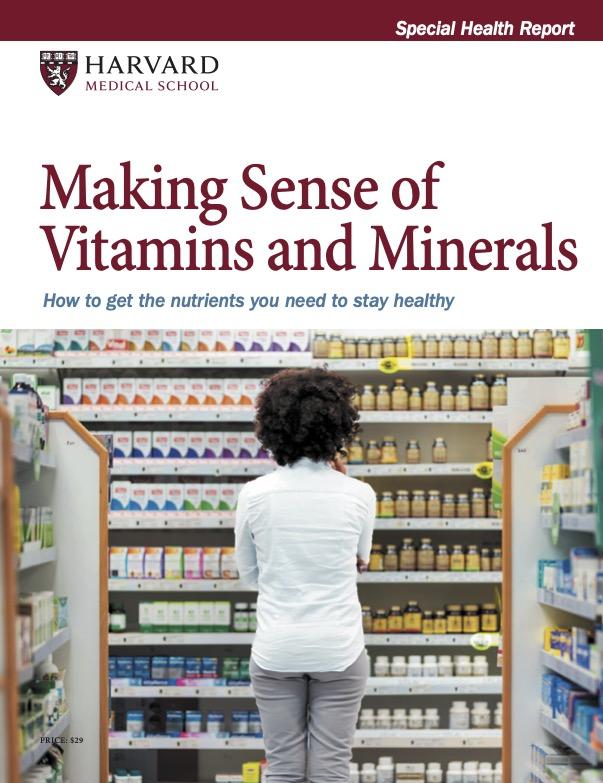Watch out for bogus supplement claims
News briefs
- Reviewed by Anthony L. Komaroff, MD, Editor in Chief, Harvard Health Letter; Editorial Advisory Board Member, Harvard Health Publishing

When it comes to supplements, it's crucial to keep your guard up, especially if a manufacturer claims the product can cure, treat, or prevent a chronic health condition. The FDA regularly polices such statements. In November 2022, for example, the FDA called out seven supplement companies for illegally claiming their products could treat or prevent cardiovascular disease, such as atherosclerosis or heart failure. Warning letters were issued to Essential Elements (Scale Media Inc.); Calroy Health Sciences; Iwi; BergaMet North America; Healthy Trends Worldwide (Golden After 50); Chambers' Apothecary; and Anabolic Laboratories. The companies then had two weeks to respond to the FDA and begin correcting legal violations or fight the accusations. Unlike with conventional pharmaceutical drugs, the FDA does not evaluate supplements for safety or effectiveness, nor monitor how they are manufactured. So you can't be sure about a supplement's ingredients or strength, like you can with a conventional drug. Also, supplements can interact with medications you're taking and cause side effects. That's why it's important to talk to your doctor before taking any supplement: call the office or bring supplement information to your next visit.
Image: © Tanja Ivanova/Getty Images
About the Author

Heidi Godman, Managing Director
About the Reviewer

Anthony L. Komaroff, MD, Editor in Chief, Harvard Health Letter; Editorial Advisory Board Member, Harvard Health Publishing
Disclaimer:
As a service to our readers, Harvard Health Publishing provides access to our library of archived content. Please note the date of last review or update on all articles.
No content on this site, regardless of date, should ever be used as a substitute for direct medical advice from your doctor or other qualified clinician.
















